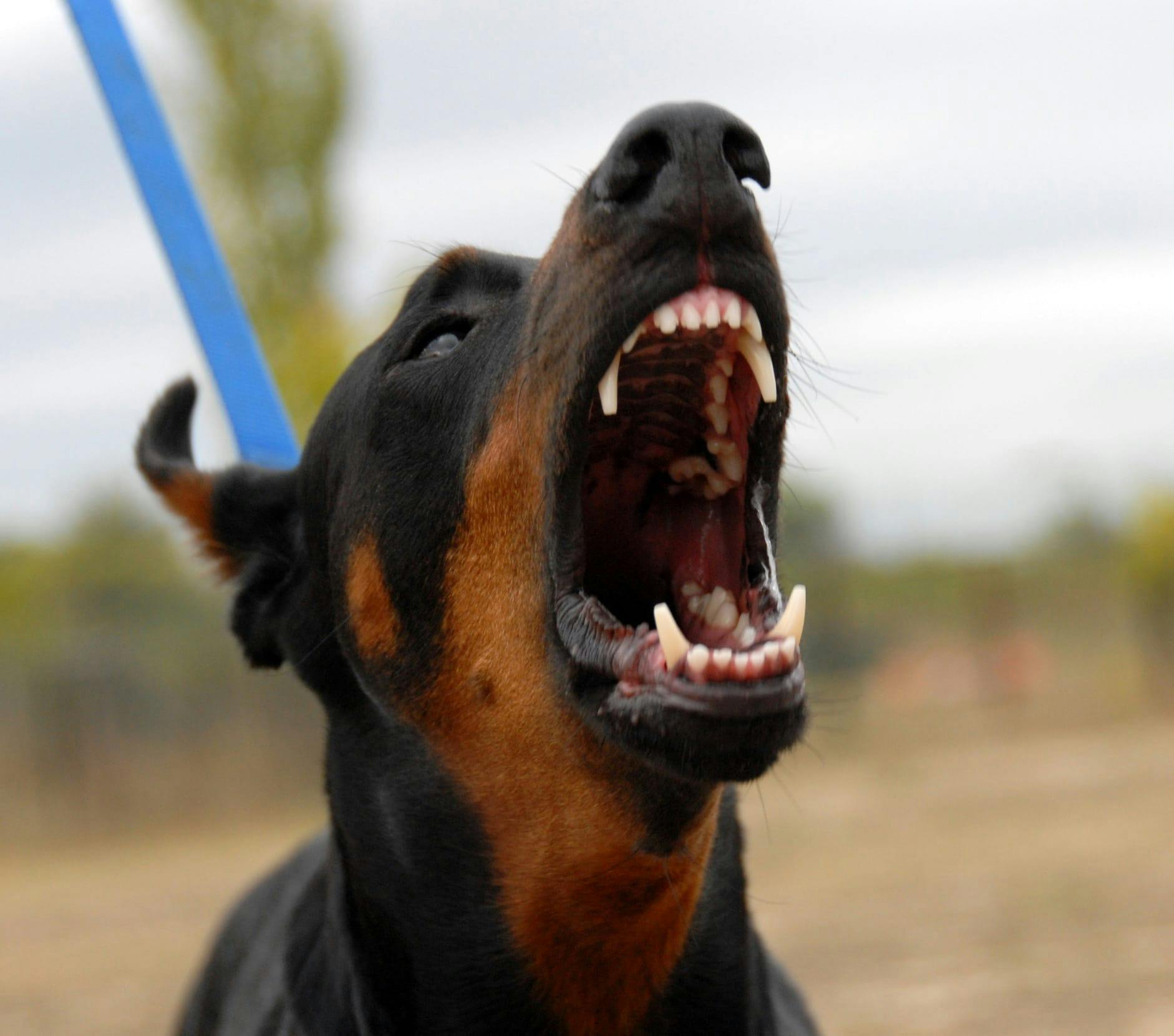No matter how well they have been trained, domesticated dogs still have the capacity to cause serious physical harm if they feel threatened or challenged. Even a bite from a small dog could lead to skin lacerations and infections, and larger animals often have jaws strong enough to tear tendons or even shatter bones.
The “One-Bite” Rule in Lewisville
Rather than a specific statute, civil courts in Lewisville and throughout the state of Texas follow a precedent set by a 1974 Texas Supreme Court verdict when ruling on personal injury lawsuits involving dog bites. The court’s decision in the case of Marshall v. Ranne established what is often described as a “one-bite” rule, referring to the one “free” bite a dog owner gets before they are expected to know that their pet is potentially dangerous. A better way of explaining how state courts approach dog bite claims is that these claims generally revolve around the negligence of a pet’s owner. If a dog’s owner knew their animal has bitten someone before but still failed to ensure it was under control and could not harm anyone else outside the owner’s property, that owner could be considered legally negligent and therefore liable for ensuing damages.





